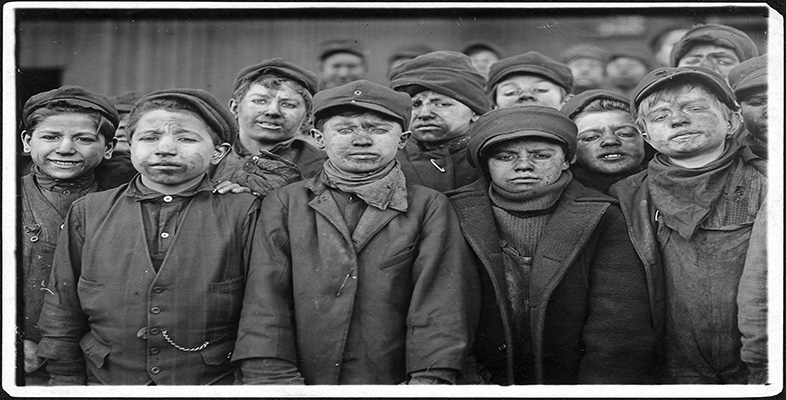4.5 Owen at New Lanark 1800–c.1812
At New Lanark Owen quickly initiated changes, some of which he describes in the Second Essay. As in Manchester he placed much emphasis on environmental improvements such as street cleansing, better domestic hygiene, sanitation and water supply. Those designed to enhance efficiency and productivity included new rules and regulations about factory discipline and in 1803–4 installing new machinery. By 1806, and partly on the grounds of cost, he was abandoning the system of pauper apprentices (who had to be housed, clothed and fed) and instead switching to employing families with large numbers of children. At the same time he was also reviewing the merits of hiring children under the age of ten and enhancing the community's social and educational provision. The expense of the higher wages paid to older children and the cost of what they saw as unnecessary welfare caused several of the Manchester partners to withdraw. The partnership was reconstructed in 1810 and allowed Owen to proceed, perhaps more cautiously, with further innovations, possibly starting the buildings which were ultimately to serve as the ‘New Institution’ and school.
It may have been the expense involved, coupled with Owen's growing public profile, that caused the second group of partners to press for his dismissal as manager in 1812. Owen, as a major shareholder and the only one with the necessary expertise to run the enterprise, was in a strong position. But he also realised that to make further improvements he needed partners sympathetic to reform and had to publicise his ideas more widely. So, in moves designed to promote his own views about how New Lanark should be run, he initiated a propaganda exercise with the mills and community as its focus.
